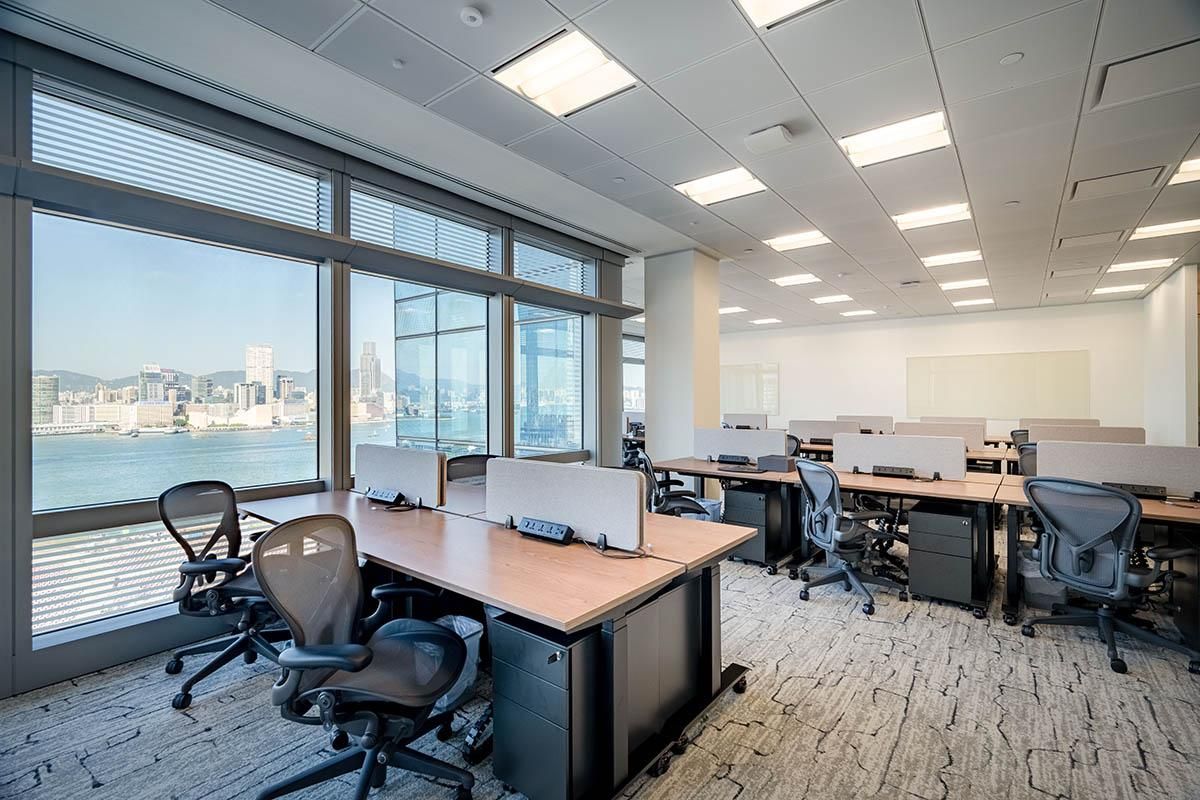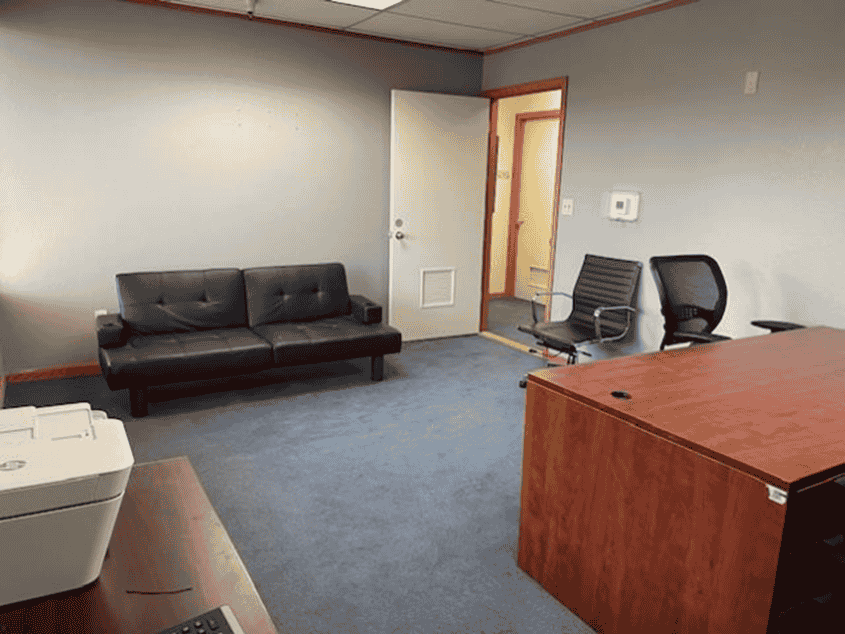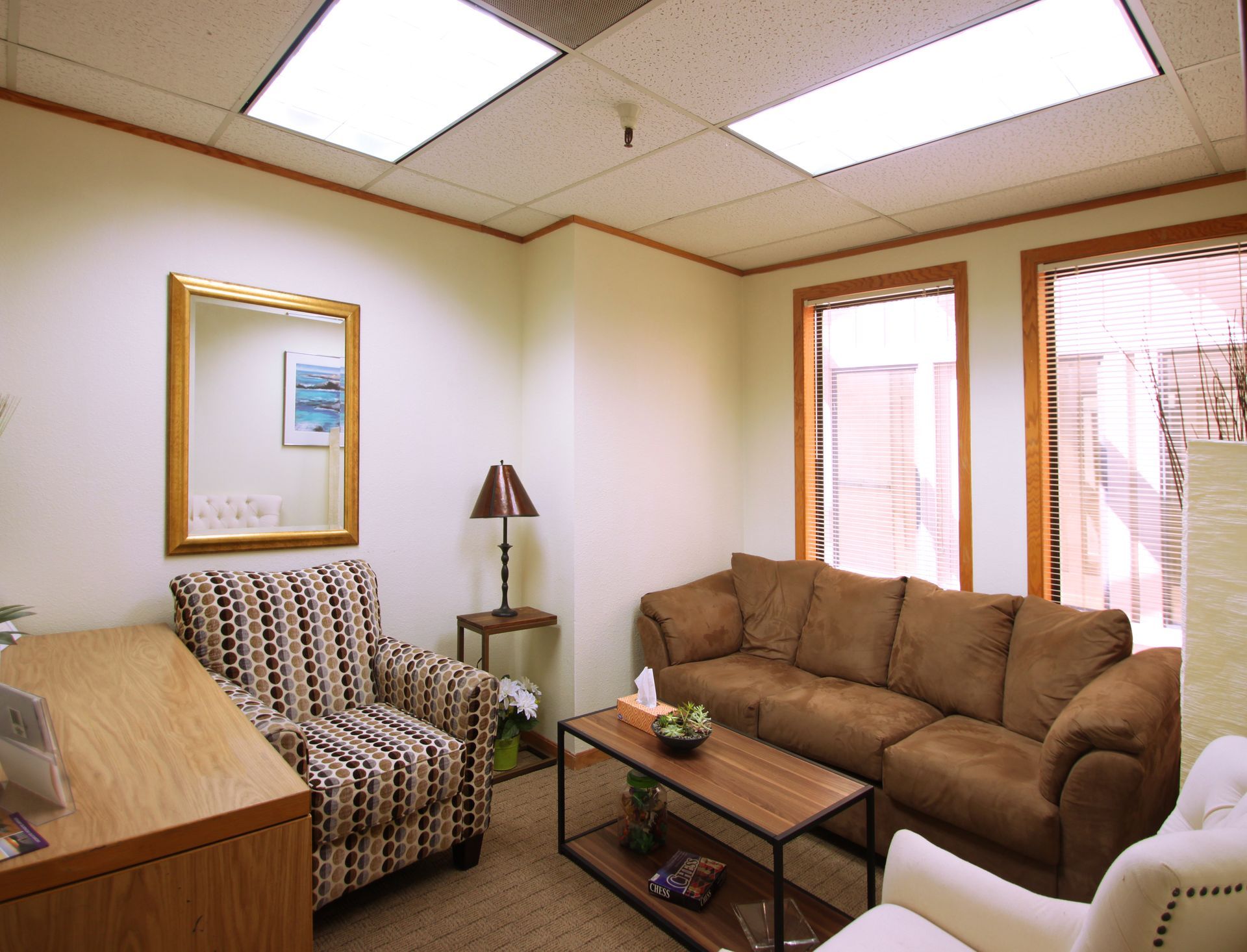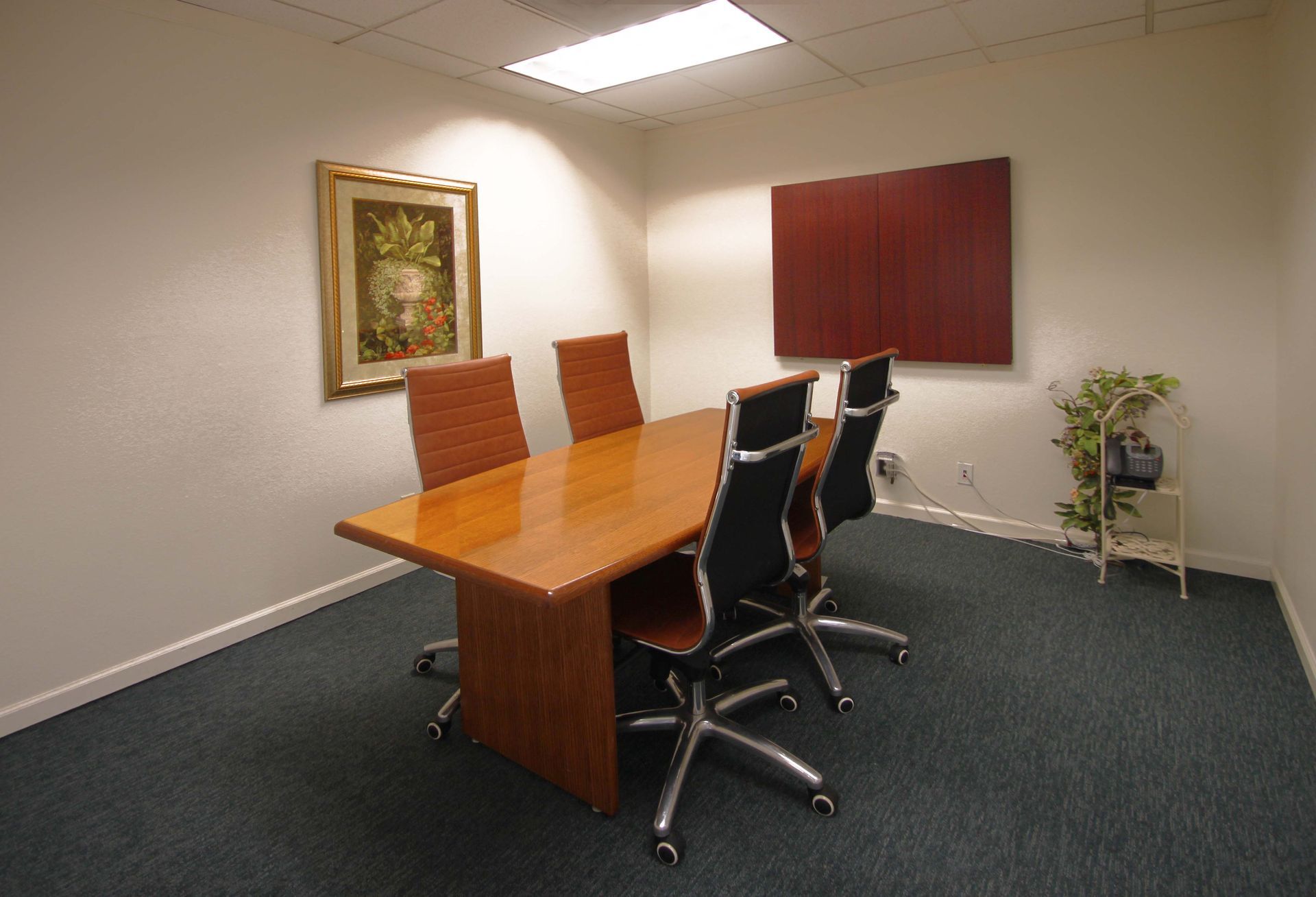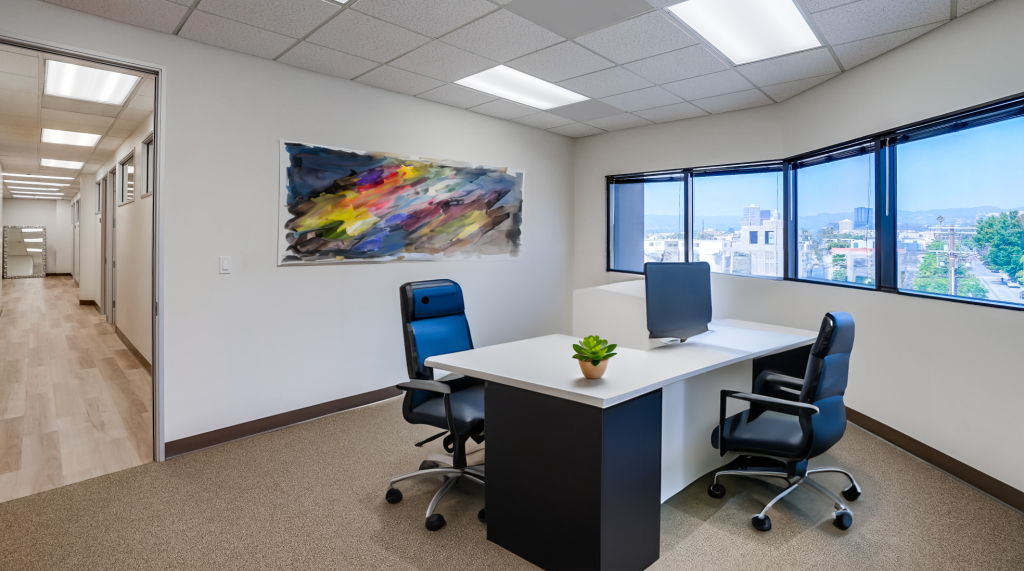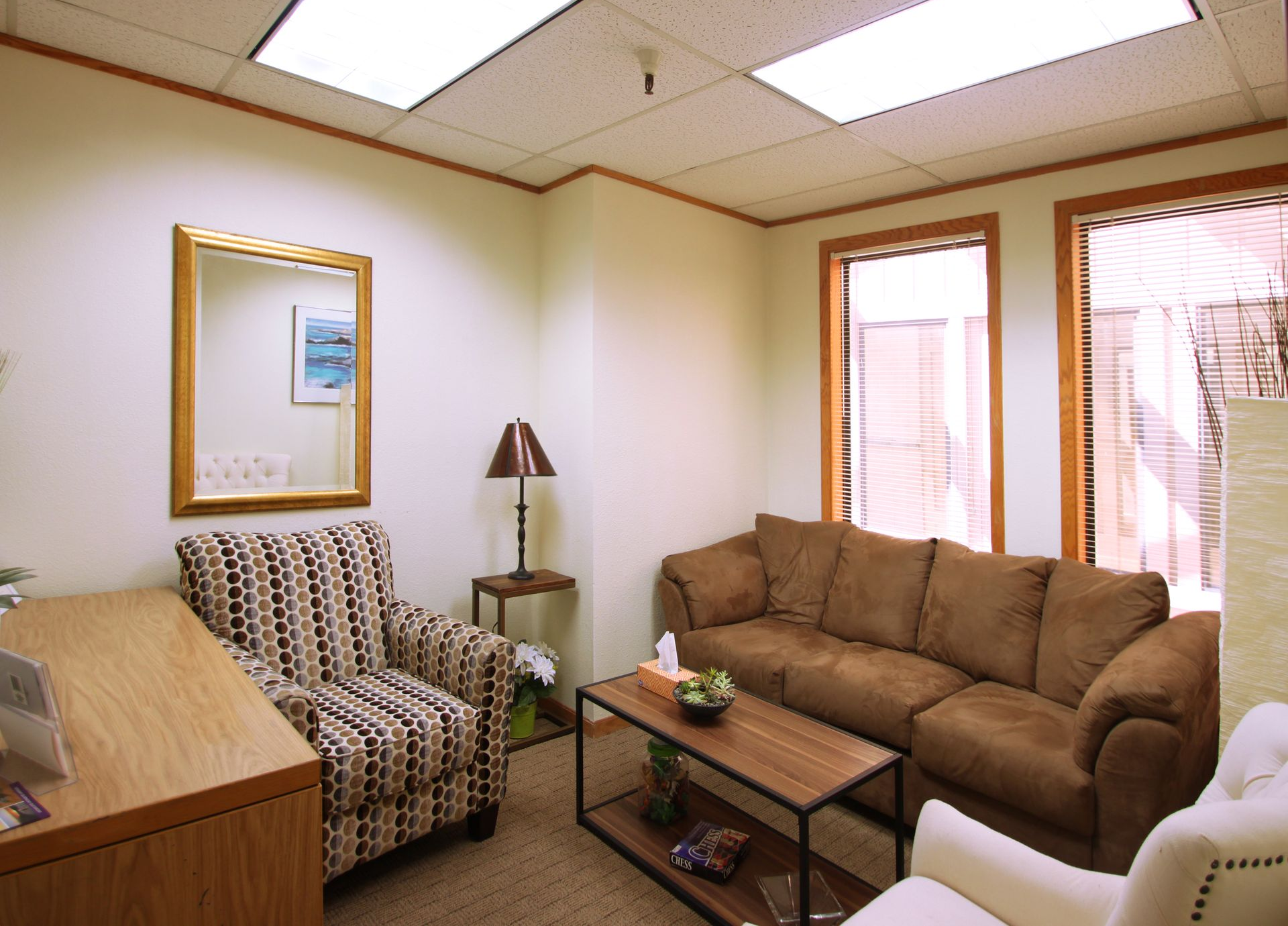New Paragraph
Dental Office Space for Lease: A Complete Guide for Dentists
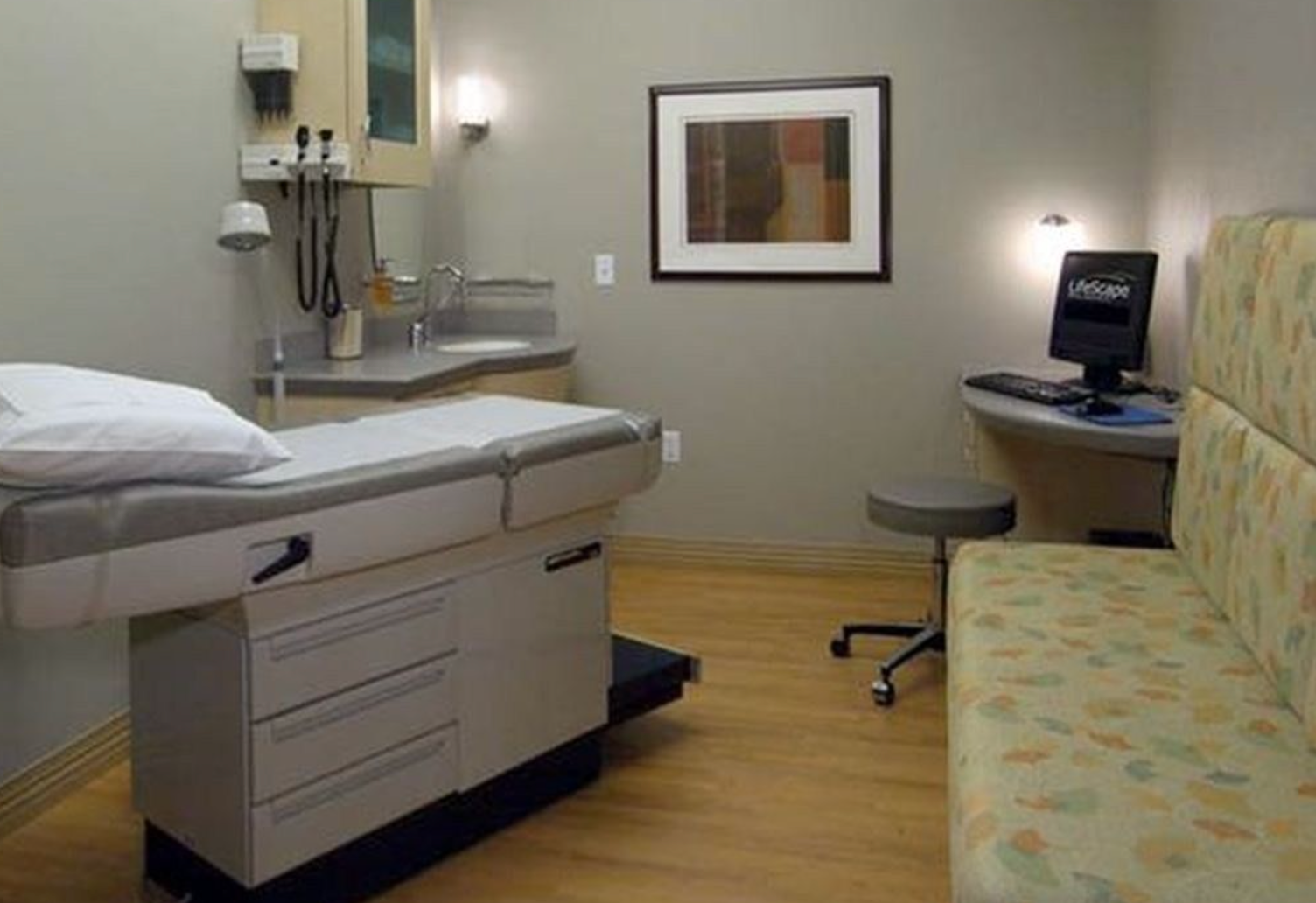
Factors such as location, square footage, layout, and rental cost can significantly influence patient visits, the perception of your brand, and your overall financial performance. This guide provides a comprehensive overview of what to evaluate when choosing a dental office space for lease.
Why Choosing the Right Dental Office Space Matters
A dental office is not merely a workspace—it serves as a center for efficiency and teamwork. It also reflects your brand, as patients often form impressions of your practice based on the office environment. For this reason, choosing the right dental office space for lease is a vital business decision.
Moreover, the right space improves efficiency. It enables you to organise treatment rooms, waiting areas, and administrative zones efficiently. If the layout is poor, it can affect workflow and staff productivity.
Additionally, a well-located office attracts more patients. Easy access, ample parking, and a visible location help increase patient visits. Therefore, location is a key factor when leasing a dental office.
Key Factors to Consider When Leasing Dental Office Space
1. Location
Location is vital for any business, including dental practices. Choose a location with high foot traffic, good visibility, and easy accessibility. Being near residential areas or business districts can help attract more patients.
Furthermore, consider proximity to competitors. While some competition is healthy, too many nearby dental offices may reduce your patient base. Conversely, being the only provider in an area can increase demand.
2. Size and Layout
Your dental office should be appropriately sized to meet both your present requirements and future expansion plans. The design should promote efficiency, providing adequate room for treatment rooms, sterilization areas, reception, and patient waiting areas. Don’t forget to include space for staff areas and storage to support smooth daily operations.
3. Lease Terms
Lease agreements are an important consideration when choosing a dental office space. Ideally, they should be both flexible and advantageous for your practice. Typical dental office leases span from 3 to 10 years, with shorter leases offering adaptability and longer leases providing long-term stability. It’s essential to examine the terms closely, including potential hidden expenses like maintenance, property taxes, or utilities.
4. Building Infrastructure
Dental practices need specific infrastructure to operate efficiently. Make sure the building can accommodate essential dental equipment such as X-ray machines, dental chairs, and sterilization units. It’s also important to assess the electrical system, plumbing, and ventilation, as inadequate infrastructure can increase renovation expenses. Additionally, the space must comply with local building codes and ADA standards to ensure safety and accessibility.
5. Parking and Accessibility
Convenient parking is essential for patient satisfaction. Make sure there is ample parking space for patients and staff.
Accessibility is equally essential. The office should be reachable by public transportation and have ramps for patients with disabilities. Easy access encourages repeat visits and improves patient retention.
Benefits of Leasing a Dental Office Space
Leasing a dental office space has several advantages over buying a property.
Lower Initial Investment
Leasing requires less capital up front. You avoid the high costs of property purchase, making it easier for new practices to start operations.
Flexibility
Leasing provides flexibility. If your practice grows, you can move to a larger space. Conversely, if business slows down, you are not tied to a property permanently.
Maintenance and Repairs
Most leases include maintenance responsibilities. This reduces your burden, allowing you to focus on running your practice.
Prime Locations
Leasing allows access to prime locations. Purchasing in high-demand areas can be expensive, but leasing offers an opportunity to operate in the best places without incurring heavy investments.
Common Challenges in Leasing Dental Office Space
Despite its advantages, leasing dental office space can have challenges.
Renovation Costs
Most leased spaces require renovations to meet the standards of a dental practice. While some landlords offer tenant improvement allowances, costs can still be high.
Lease Restrictions
Some leases may include restrictions on modifications. Always read the lease carefully to understand what changes are allowed.
Competition
Selecting a location close to other dental practices can lead to increased competition. It’s important to perform detailed market research before committing to a lease.
Tips for Finding the Perfect Dental Office Space
Work with a Commercial Realtor
A commercial real estate agent with experience in healthcare properties can assist in locating ideal dental office spaces.
Analyse Patient Demographics
Understand the demographics of your target area. Consider factors like population density, age, and income levels. This helps select a location with maximum patient potential.
Inspect the Property
Before finalizing a lease, thoroughly inspect the property. Evaluate the plumbing, electrical systems, HVAC, and overall condition to ensure the space is safe, functional, and suitable for dental practice operations.
Plan for Future Expansion
Choose a space that allows future growth. Even if your practice is small now, you may need extra treatment rooms or storage in the future.
Negotiate Lease Terms
Don't accept the first lease offer. Negotiate terms like rent, maintenance, and lease duration. A well-negotiated lease can save you money and provide long-term benefits.
Costs Associated with Leasing Dental Office Space
The cost of leasing dental office space varies depending on location, size, and the amenities offered. Urban areas usually have higher rent compared to suburban locations.
In addition to base rent, you may incur costs for utilities, maintenance, and property taxes. Renovation and equipment installation costs should also be taken into consideration.
To manage expenses effectively, create a detailed budget before leasing. Include rent, renovations, equipment, and staff costs. This ensures financial stability and smooth operations.
Conclusion
It affects patient experience, staff efficiency, and overall profitability. By considering factors like location, size, layout, lease terms, and building infrastructure, you can make a well-informed decision.
Furthermore, working with experienced realtors, analysing demographics, inspecting properties, and negotiating leases ensures a smooth leasing process. Ultimately, a well-chosen office space creates a professional environment, attracts patients, and supports the long-term growth of your dental practice.

